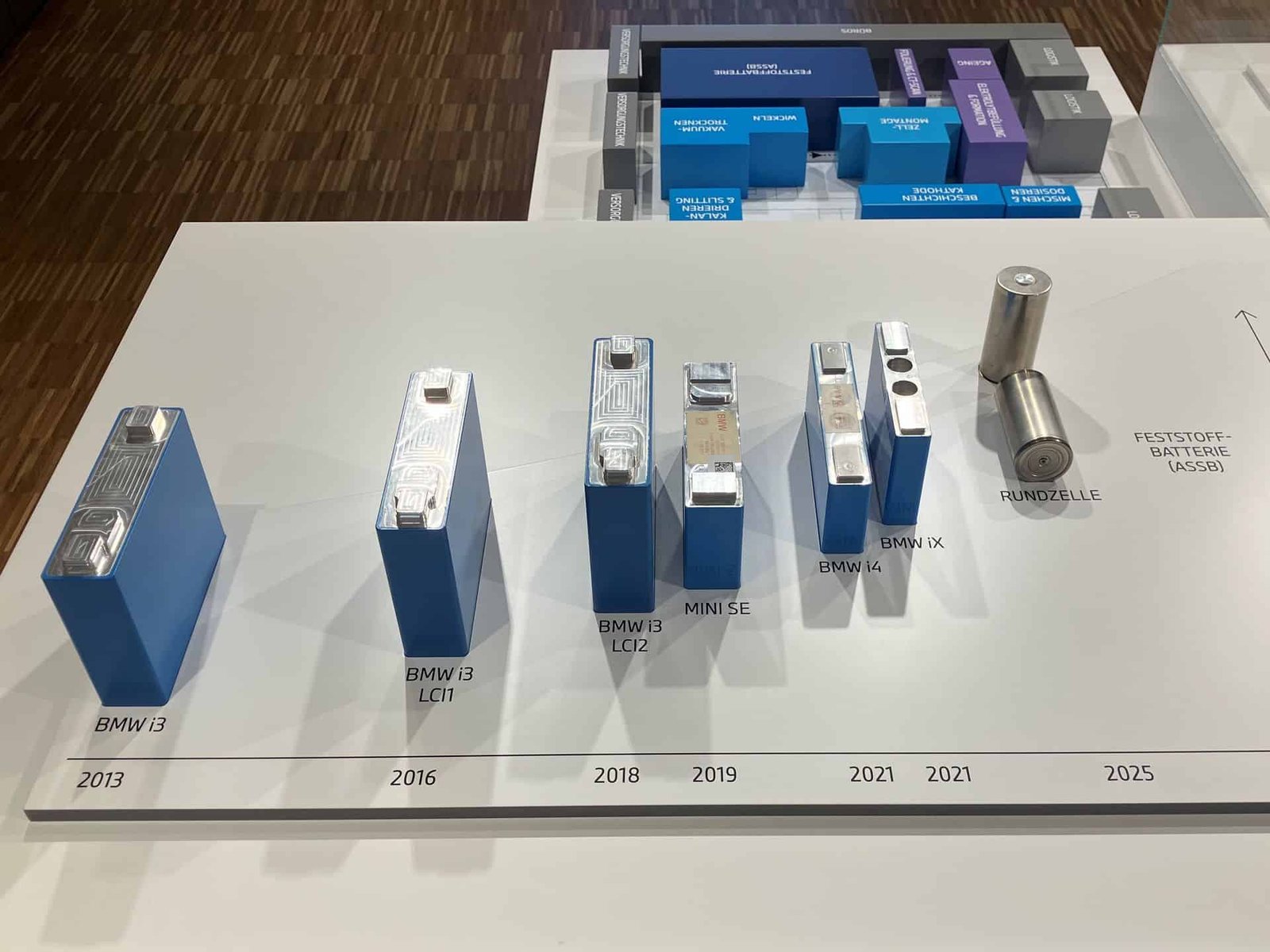In a surprising turn of events that highlights growing concerns over U.S. trade and energy policy, Japanese battery manufacturer AESC has paused construction of its $1.6 billion factory in Florence County, South Carolina. The facility, designed to supply high-voltage cylindrical battery cells to BMW for its next-generation electric vehicles, now faces an indefinite delay due to what the company describes as “policy and market uncertainty.”
The announcement, made Thursday, underscores the fragility of international investment in America’s EV sector as political winds shift in Washington. “Due to policy and market uncertainty, we are pausing construction at our South Carolina facility at this time,” AESC said in a brief statement. While the company pledged to fulfill its commitment to create 1,600 jobs and deliver the promised investment, it stopped short of giving a timeline for resumption.
Politics Cast a Shadow Over Progress
South Carolina Governor Henry McMaster acknowledged the company’s unease, citing potential changes to federal tax incentives for electric vehicles and looming tariff policies from the administration of former President Donald Trump, who is campaigning to return to the White House.
“What we’re doing is urging caution — let things play out because all of these changes are taking place,” McMaster said. His remarks reflect a broader concern among economic development leaders: that the loss of federal EV tax credits, including the pivotal $7,500 consumer incentive, could sharply reduce demand and threaten supply chain stability.
The Florence plant is part of a larger strategy by BMW and AESC to localize battery production for upcoming New class EVS. BMW has invested $700 million into a battery assembly plant in Woodruff, South Carolina, where the AESC cells were set to be installed. That facility remains on track to open in 2026, according to a company spokesperson.
Scaling Back Ambitions
AESC has already begun to trim its original ambitions in South Carolina. Initially planning two factories on the Florence site, the company announced earlier this year that a single plant would suffice for BMW’s needs. That decision prompted the state to withdraw $111 million in incentives tied to the now-cancelled second phase. However, AESC remains eligible for over $255 million in public funding—including $135 million in grants and $121 million in state-issued bonds—which South Carolina’s Department of Commerce says are not currently at risk despite the pause.
To date, AESC says it has invested more than $1 billion into the project. With other active plants in Tennessee, Kentucky, and abroad—including China, Germany, and the U.K.—the company’s move signals that South Carolina’s political climate may be giving international investors pause.
BMW’s Plans Continue Undeterred


BMW, for its part, remains steadfast. The automaker says the construction halt at AESC will not delay its own timeline. The battery assembly plant in Woodruff is slated to begin production in 2026, and the cells from Florence are still part of that plan—albeit now from just one factory instead of two.
These cells will be critical for BMW’s Neue Klasse platform, featuring an 800-volt architecture designed to enable faster charging and increased range. Vehicles built at BMW’s Spartanburg plant and its San Luis Potosi factory in Mexico will eventually receive these U.S.-produced batteries.
(Source: Fortune)


